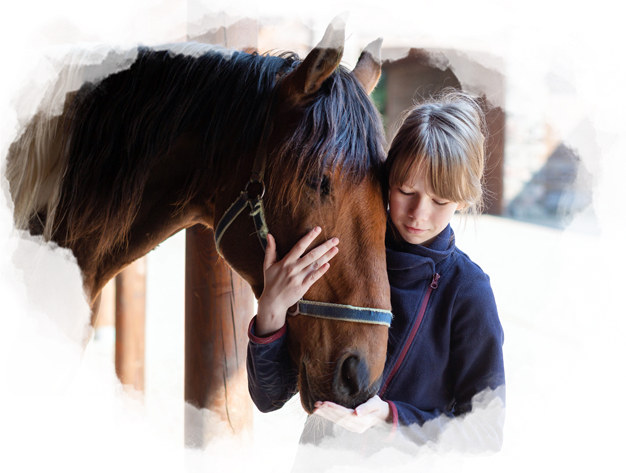

The Compelling Case for Age-Specific Treatment: How Does My Child Benefit?
As a parent, you want what's best for your child. When it comes to their mental health, you want to ensure they're getting the best possible care. That's why age-specific treatment is so important.
There is a difference between a younger and an older teen emotionally, developmentally, and clinically. Their needs and wants are different, as is the way in which they process information and how they approach problems.
Moonridge Academy's therapeutic environment allows young people to grow and find themselves. The entire program is designed with their emotional and developmental needs in mind. This makes sure they can thrive as an adult when it's time for high school or college applications. And all that life holds beyond!
The following benefits are just a few of those experienced by students at Moonridge Academy:



Dialectical Behavior Therapy
Dialectical Behavior Therapy (DBT), first developed by Marsha Linehan, is a staple therapy modality provided at Moonridge Acdemy. DBT was originally developed for the treatment of Borderline Personality Disorder, but has since been found to be extremely effective in skill building for a variety of clinical issues. Students struggling with emotional dysregulation, depression, anxiety, as well as many other challenges, can quickly learn and develop life skills to help balance the logic and emotion in any situation. Because of the effectiveness of DBT, Moonridge Academy is a DBT infused program. We teach the DBT skills in a way that younger teens can understand. As a student progresses through the stages at Moonridge Academy, they will first learn DBT skills and then how to apply them into her everyday life. DBT skills are taught in group therapy session, as well as practiced in individual and family therapy. Each of our monthly Adventure Therapy 3-day trips has a DBT skill as it's theme. This skill is then learned and practiced throughout the trip.
Both therapists AND program staff are thoroughly trained and practiced in DBT skills. We believe the DBT assumption that everyone is doing their best AND we can all do better. This fits perfectly into the philosophy of acceptance and growth at Moonridge Academy.





